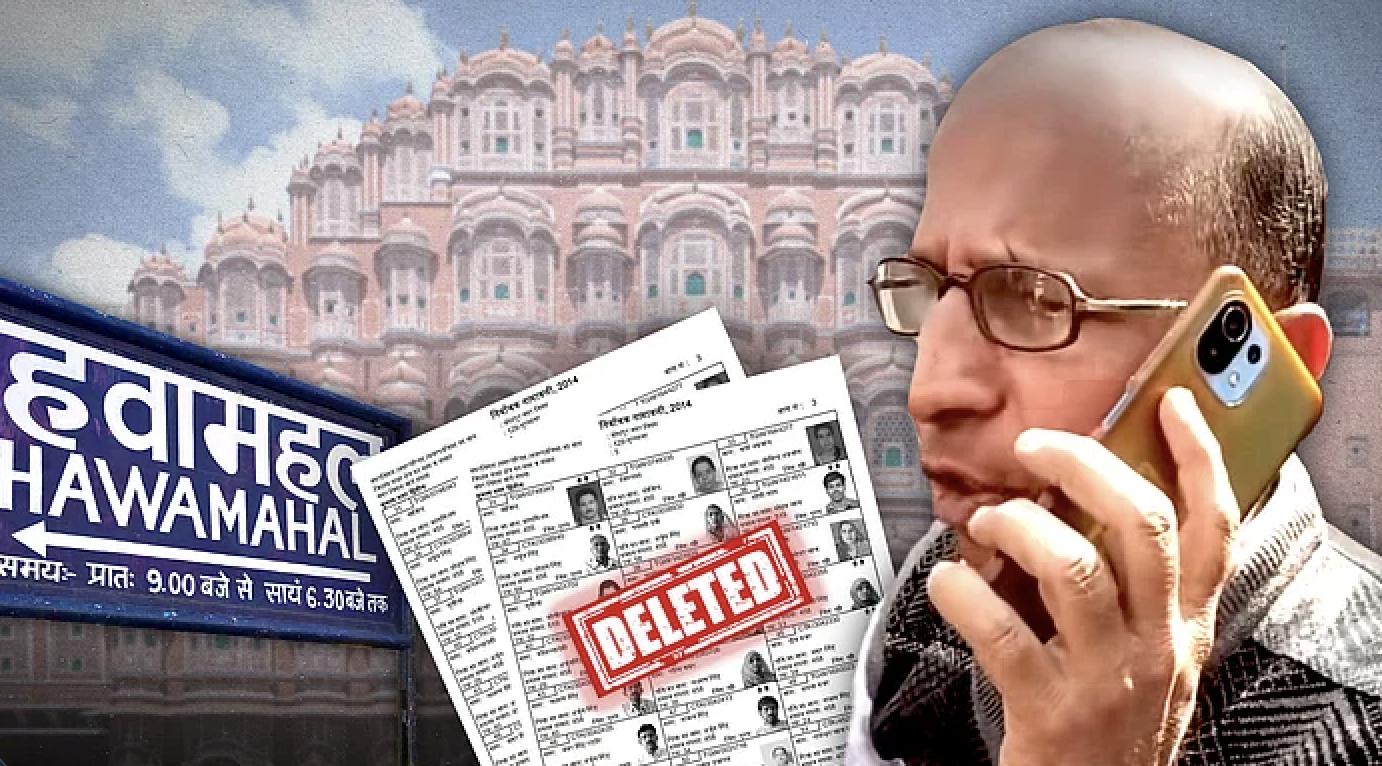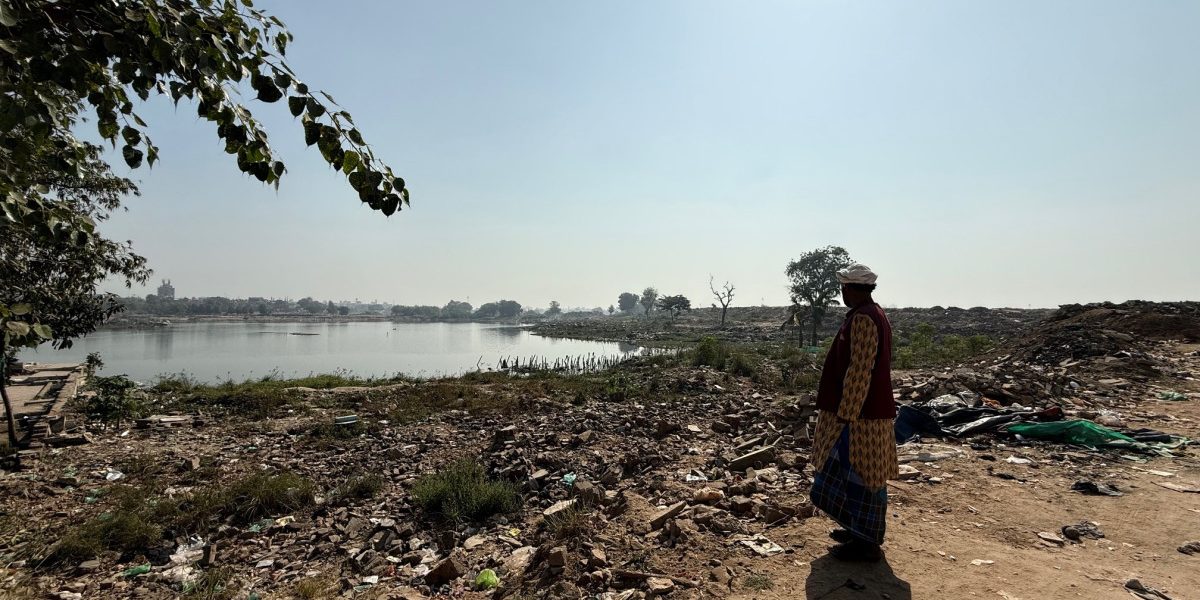Barely a year after Assam Chief Minister Himanta Biswa Sarma’s crackdown on child marriage ordering arrests of family members of girls married before the age of 18, he is back in the news for two new initiatives. One is a move to introduce a Bill for a Uniform Civil Code (UCC) in the realm of personal laws affecting marriage and related issues. The other is a new scheme — the Mukhyamantri Mahila Udyamita Abhiyaan (MMUA) — announced with much fanfare and a budget of Rs 4,000 crore, to enable rural women to gain greater financial independence by becoming micro entrepreneurs. Unfortunately, both the initiatives leave considerable room to wonder if they are really about empowering women and achieving gender equality — or are they furthering the ongoing project of communalising Assamese society?
After the Law Commission of India invited views on a national-level UCC last year, many states began to implement their versions. Assam is the third state after Uttarakhand and Gujarat to announce that it is enacting a UCC. The chief minister has indicated that Adivasi communities would be exempted from the proposed new law, without offering any explanation. He has also promised “innovative elements” to address child marriage and polygamy. The pointed remarks about polygamy insinuate that the UCC is not about gender equality for all women but a targeted attack on Muslims in deference to the popular myth that polygamy is rife among them. This systematically stoked prejudice is immune to the finding of the National Family Health Survey-5 (NFHS-5) of 2019-20 that polygamy exists in all communities, and that in each case, it is a marginal practice rather than the norm. The incidence of polygamy is 2.1 per cent among Christians, 1.9 per cent among Muslims, 1.3 per cent among Hindus, and 1.6 per cent among other religious groups. The fact that Muslim Personal Law permits polygamy does not lead to substantially higher incidence, just as its prohibition in all other communities does not ensure its absence — indeed, the rates of polygamy do not differ greatly across communities. A uniform code offers no guarantee whatsoever of greater gender justice.
This story was originally published in indianexpress.com. Read the full story here .






